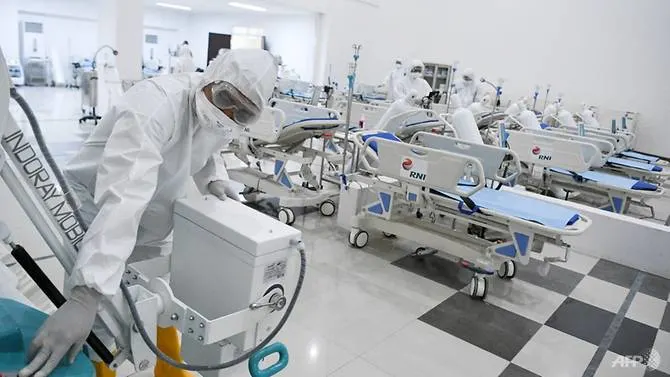Indonesia aims to produce 70% of required medical supplies within self-reliance efforts: Coordinating minister
27 August, 2020

Indonesia aims to create 70 % of its medical supplies domestically as COVID-19 has served as a timely reminder that it's vital that you be self-reliant, said Coordinating Minister for Maritime and Investment Luhut Pandjaitan.
Speaking throughout a business webinar on Tuesday (Aug 25), Mr Pandjaitan said that self-reliance is particularly needed in terms of medical supplies and food security.
However, Indonesia continues to be reliant on other countries in both sectors, he said.
“Indonesia isn't aware that 90 per cent of its pharmaceuticals are basically imported. We are (now) centered on preparing the pharmaceutical industry in Indonesia.
“We target that 70 % of the medical supplies to be fulfilled (produced) in Indonesia,” the minister said.
At the first stages of the pandemic, Indonesia suffered from a lack of medical equipment and had to import personal protective equipment (PPE).
In June, President Joko Widodo said that Indonesia has the ability to produce 17 million units of PPE per month, exceeding the 5 million units required by the nation monthly.
A team of Indonesian engineers has reportedly succeeded in creating a compact ventilator to sell at a fraction of the usual cost.
ENHANCING FOOD SECURITY
Apart from looking to manufacture medical products locally, Mr Pandjaitan also remarked that Indonesia must be self-reliant in producing food.
Southeast Asia’s biggest economy is currently establishing two food estates in the archipelago by converting land into paddy fields.
The meals estate in Central Kalimantan province is 1 million ha and the other one in North Sumatra province is 30,000-40,000ha.
“Basically, they are also to make certain that we can be self-reliant if something happens globally,” Mr Pandjaitan added on Tuesday.
The minister also took the possibility to motivate the Association of Southeast Asian Nations (ASEAN) to market sustainable monetary development, protect natural resources, avoid the exploitation of resources, support investment in downstream industries, and encourage countries to become portion of the global supply chain through the utilization of environment-friendly green technology.
In order to restore trust in multilateralism and global trade at the moment, ASEAN must be focused on avoid export restrictions on essential goods, such as for example medical equipment and, specifically, foods, Mr Pandjaitan stated.
Source:
TAG(s):
